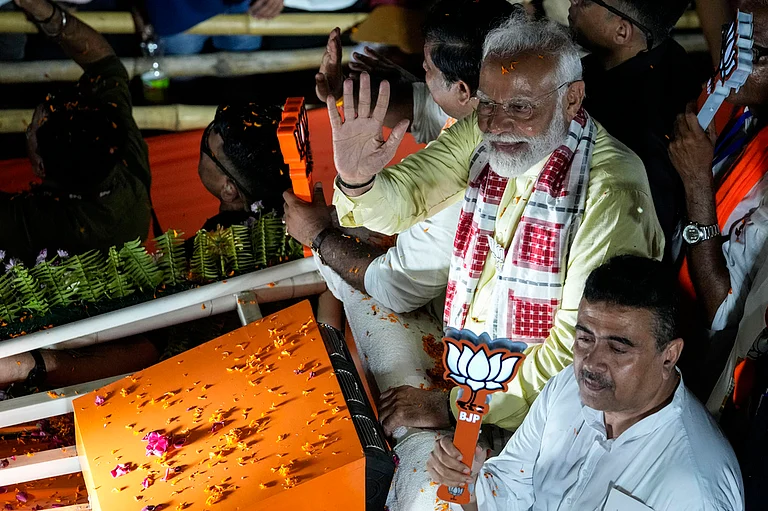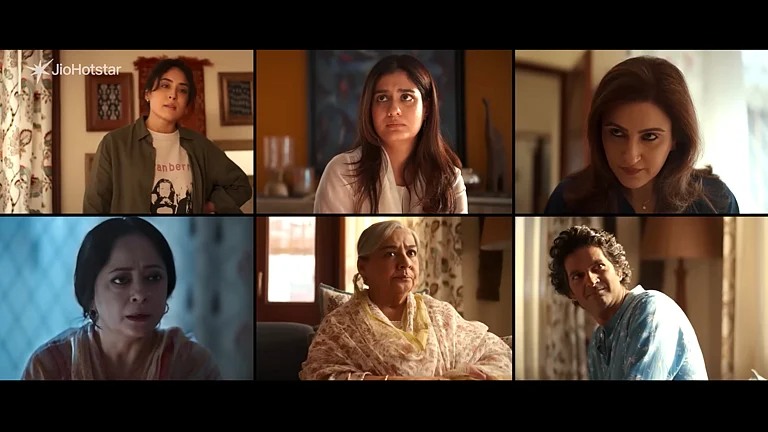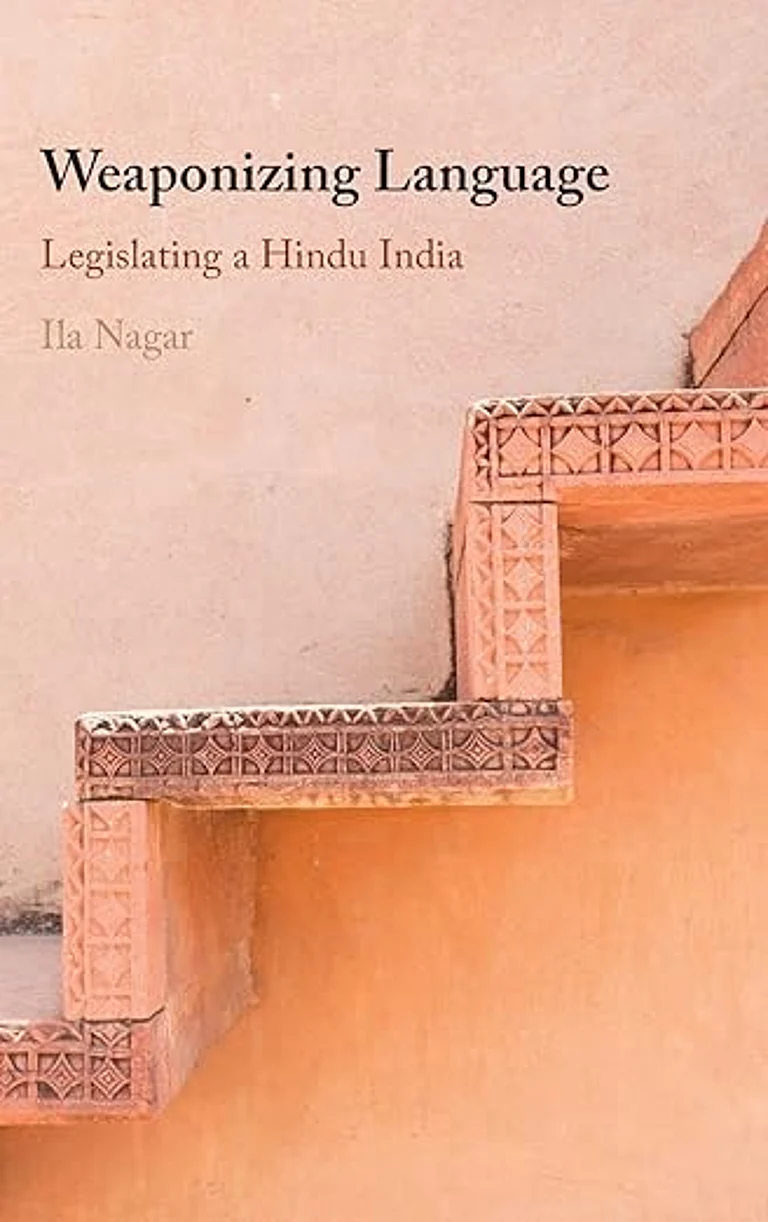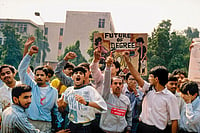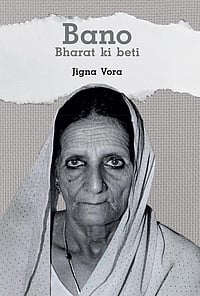In India’s politics, there have always been some industries, some over-noticed, others under-noticed and still others un-noticed. Let us look into each one of these.
For long, there has been an industry of politics in the name of secularism. This industry talked a lot about the threats of majoritarian forces. Votaries of this usually ignored or downplayed the communalism and conservatism of the Muslim minorities, despite the fact that at least till the end of colonialism, Muslim communal separatism was the strongest force.
The Liberal-Secular dispensations as well as public intellectuals, academia, and media kept maintaining that, after 1947, minority communalism and conservatism is not as big a threat. Rather, the real threat, now, particularly after the assassination of Mahatma Gandhi, is the majoritarian forces. They also maintained that gender and other progressive reforms within Muslims should be left to be coming from within, via their own personal laws. (Similar position was maintained by Bangladesh for its Hindu minorities, one is told). Thus, Hindu personal laws were attempted to be reformed by Nehru. This eventually brought out only symbolic, not substantive, outcome, as argued by Reba Som (1994).
Reba Som further reveals that the argument of implementing the Uniform Civil Code (UCC) was put forward by cross sections of Hindu legislators and politicians only as a ploy to forestall Nehru’s move to reform the Hindu personal laws, and that it was not a proposal with sincere conviction of such Hindus, for the UCC.
Anyway, prevalence of such a politics, on the one hand, helped in perpetuating and promoting Muslim conservatism and communalism, and, on the other, it also provided weaponry for the Hindutva politics. Eventually, passing through phases of incremental progress, the Hindutva politics started becoming force to reckon with in most parts of India. The Meenakshipuram Dalits converting en masse to Islam in early 1981, Muslims subverting the judicial verdict in the Shah Bano case through legislation, Muslims nationalising the otherwise hitherto local issue of Ayodhya, and, eventually, in exchange of the legislation to ruin Shah Bano, the Muslim leadership sort of struck a deal to give away the Ayodhya mosque to the saffron forces, via Rajiv Gandhi, in 1986.
Cutting the whole story short, today, we see the ascendance of the saffron forces (and getting the state power and hegemony in social spaces as well) who always thought that the Liberal-Secular dispensation victimised the Hindu identity politics and appeased the Muslim identity politics. In the pre-2014 era, the anti-saffron forces were able to stitch electoral-political alliances to get state power and succeeded in covering up all their misdeeds, be it corruption, or the culprits of massacres against the vulnerable sections, such as the tribes, the subordinated castes, and religious minorities, not to say of the gender-based atrocities.
Today, the story has come full circle. Now, the hegemonic Hindutva forces are able to cover up anything and everything under the cover of Hindu-Muslim blame game of conflicting identity politics. For instance, look at the latest instance of the horrific, unprecedented rail accident at Balasore in Odisha. Just to cover up the obvious failures in rail traffic management, a temple, by the side of the site of the accident came to be propagated as a mosque; the arguably erring Hindu driver came to be named as a Muslim in the WhatsApp factory of concoctions and anti-Muslim vilifications.
One of the most brilliant political analyst, Suhas Palshikar, in one of his recent columns (Indian Express, May 30, 2023) counted nine big sins of the current dispensation in last nine years, and expressed a surprise as to all these nine setbacks have not been able to alienate the electorates away from the dispensation. Palshikar doesn’t have explanation for that. This inability to comprehend or explain the psychology of the unsuspecting and loyal electorates made me recall the pre-2014 era, when the then-ruling forces used to succeed and mobilise the sections of electorates and their political formations to continue in power, just in the name of (or hollow?) slogans of secularism and social justice.
The above lines have been able to identify two types of electoral-political industries of narratives. The third type of industry was the one of the Muslim victimhood. This was and is run by two types of narrative-makers. One comprises of the Liberal-Secular-Left forces, and another is run by the religious and “modern” leadership bearing Muslim names. A careful look into the politics of these narrative-makers would find that India’s Constitutionalism and practice of Indian secularism practically sent out messages on most occasions that favour to or give tolerance or concessions to the Muslim conservatism and communalism is Indian secularism; and that the instances of taking on such tendencies of Muslims, has to be dubbed essentially as anti-Muslim majoritarianism.
Of all the above industries, there are two other, industries, run mainly by segments of Muslim middle classes and elites who still remain un-noticed. One of these two specific Muslim segments is trying to negotiate with the current dispensation and its myriad organisations including the RSS, and this segment of Muslim elites think that the Rashtriya Muslim Manch of the RSS will help them get certain favours from the state, such as chiefs of academic institutions, boards, commissions, etc., pertaining to, or dealing with, Muslims, and also to get positions and nominations into legislatures and gubernatorial offices.
In a research essay, Felix Pal (2020) has elaborated upon this aspect. They are that specific segment of Muslim elites who don’t have any ideological commitment for or against communalism or secularism. They are just opportunists and pragmatists.
The most un-noticed of all the above segments is the one specific Muslim segment which remained associated with the Muslim communal and conservative forces in the pre-2014 era of the state-backed hegemony of Indian secularism. They published their books from such type of Muslim communal organisations, rather than from the publication houses known for academic rigour. In their writings, at times directly, and at times indirectly, they defended the Muslim reactionaries. They got certain positions more because the Indian secularism wanted Muslim representations in certain clubs, and less because they really and genuinely deserved it. Having consumed and exhausted such opportunities, these kind of Muslim elite are trying to turn their coats now. They have now taken recourse to demonstrating their loyalties with the current dispensation through their spoken and written words. So far so good!
But, the point to be noted is that such people are not individual opportunists. They too are getting endorsements from a segment of the Muslim elite and educated professionals. In a Muslim majority campus like AMU, I can see a good number of such people. Muslim exclusive WhatsApp groups are full of such people. What they conversate among themselves, in their drawing-rooms and at tea-stalls also reveals a lot about them. I can confidently share my observation that there is cunningness in this specific segment of Muslim elite. Since this specific and new category of pro-RSS Muslims has been (and are still) in favour of Muslim conservatism and communalism, while talking apparently about rapprochements with the current dispensation, they are not speaking anything against Muslim conservatism and communalism. How many of them did really speak enough against the kind of assertive street agitations of Muslims, such as, say for instance, Deen Bachao-Desh Bachao Rally, Patna, April 2018? Perhaps none!
Such individual Muslim aspirants, therefore, according to their self-rationalisation, really deserve to be supported, by the community, to get nominations and high offices from the current dispensation. Such Muslim individuals are not seen, by a big segment of Muslims, as self-serving opportunists. They are rather seen as a smart negotiator and interventionist who can befool the current dispensation to extract some favour for Muslims, the ex-ruling class or race.
This category of [too] clever [by half] Muslim intelligentsia isn’t speaking out on the instances of state-backed gruesome victimisation of Muslims. Yet, they aren’t chastised much by the Muslim literati and chatterati, even on social media. Why? Simply because this category is also not speaking against Muslim communalism! That is what is quite soothing for the communalised segments of Muslim chatterati. Contrast it with some of those individual Muslim columnists who expose the instances of Muslim communalism and conservatism, but go silent on the instances of the Hindutva onslaught against Muslims. Such columnists are passionately chastised by the Muslim chatterati on the social media in concerted manners.
I say this as an insider. As a student, and now as teacher, I have been, and am still associated with Muslim majority institutions and campuses. I can see the power-play of many professors around me, as to how they are cozying up, and reaching out, to the saffron establishment. Their immediate objectives of self-perpetuation are also open secrets. Suddenly, they have begun to find out many possibilities of rapprochements even though the historically anti-Muslim organisations hardly ever say anything about shunning this project of anti-Muslim hatred with any degree of sincerity. One can clearly find out all such symptoms in the discussions of Muslim elite in the spaces such as AMU or JMI. Their conversations about finding the leaders for their institutions —academic, political, or religious (such as the Personal Law Board)— clearly reveal their collective hypocrisies and baffling self-contradictions.
Thus, the anti-Hindutva Liberal-Secular-Left are now fighting a lonely and losing battle. If at all they wish to secure success in their politics of resistance, they need to re-think not only the modus operandi of their resistance but also their ideological priorities. If they leave the Muslim conservatism and communalism in the fond hope of letting the reforms come from within the Muslims, then they are grossly mistaken. Their wait is going to be endless. This wait, since, 1947, has completed its 75 long years. Meanwhile, owing to such a deeply flawed understanding, the Liberal-Secular-Left forces have been losing their credibility among the hitherto non-communalised segments of Hindus, and pushing them as new recruits to the Hindutva.
The point is simple. You cannot run a project of secularising the Hindus even while condoning the communalising projects of the Muslim communities. Secularisation is a collective project, not selective. The Indian state, even in pre-2014 era, has been kindly disposed towards the conservative-communal leadership of Muslims, rather than towards the liberal-secular ones. This is a point better made by Hilal Ahmed in his essay, Why India’s Liberal Muslims Need to be Heard (Frontline, February 23, 2023).
Politics of the Muslim communities in India therefore needs to be redefined now. They need to be told and persuaded that contrary to what their leadership and intelligentsia have all along been propagating, legislative and judicial efforts of de-communalising the Muslims, and democratising and diversifying the composition of the Muslim dominated institutions, don’t constitute victimisation. A clear distinction has to be made between the real instances of victimisation-discrimination and those articulated by the self-serving Muslim elite as political narratives with highly motivated exaggerations. The opiating narratives of Muslim victimhood, having assumed a proportion of an industry among the self-serving Muslim elite, needs to be re-jigged. Common Muslims need to be de-opiated.
The real instances of victimisation and discrimination, undoubtedly, need to be resisted and fought out. But the way this has thus far been sought to be resisted by the Muslim leadership and by the Liberal-Secular-Leftists, need a serious rethinking. What I suggest here is a case of psycho-pathology. Somewhat like the huzun of Orhan Pamuk’s Istanbul: Memories and the City. Pamuk explains it to us: “Huzun is not a feeling that belongs to the outside observer, … this is in between physical pain and grief...[Outsiders] fail to notice it… Huzun does not just paralyse the inhabitants of Istanbul; it also gives them license to be paralysed”; this is “the enemy of self-reliant rationalism and individualism”.
Taking insight from this diagnosis by Orhan Pamuk may help us understand the industry of victimhood played out by the communal-conservative, self-serving Muslim elite of India thriving at the cost of the common, unsuspecting, God-fearing Muslims. Mullahs are not the lone culprits in milking this industry of victimhood. Modern educated elite (the Anglo-fanatics) of the Muslim intelligentsia are not lesser culprits. They must be called out, right away, because, it is already too late.
(Mohammad Sajjad is a professor of History at Aligarh Muslim University (AMU). Views expressed are personal.)







